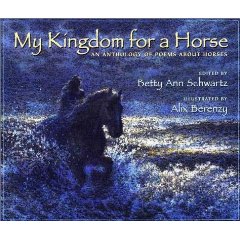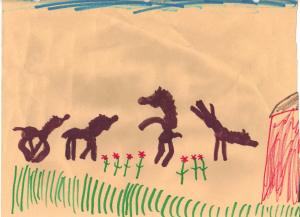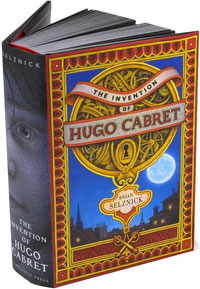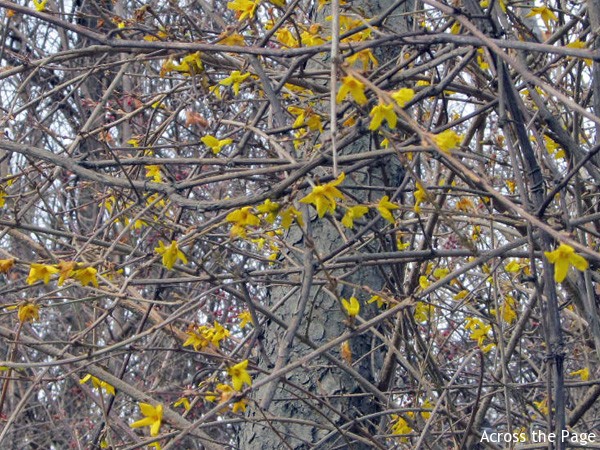Pure air and fire: a roundup of horse poems
Do you give the horse his strength?
Do you clothe his neck with terror?
Do you make him leap like a locust,
snort like a blast of thunder?
He paws and champs at the bit;
he exults as he charges into battle.
He laughs at the sight of danger;
he does not wince from the sword
or the arrows nipping at his ears
or the flash of spear and javelin.
With his hooves he swallows the ground;
he quivers at the sound of the trumpet.
When the trumpet calls, he says “Ah!”
From far off he smells the battle,
the thunder of the captains and the shouting.–from Stephen Mitchell’s translation of The Book of Job
This is one of the most ancient of tributes to the magnificence of the horse. The speaker is the Creator, fiercely celebrating his handiwork. In this excerpt he gives the horse warlike characteristics of courage, boldness, even a delight in battle — a constellation of the most heroic human attributes in the ancient world.
Fascination with horses has a long tradition. In the world of my house, tributes are still offered on a regular basis, but usually they take the form of small dramas enacted with plastic horses, lots of horse stories, and plenty of artwork. So imagine my delight — especially after reading this article about some of my fellow homeschoolers who are cultivating a love of poetry — at stumbling across not one, but two collections of horse poetry for children at the local library. When I brought my offerings to my 7-year-old horse fanatic, she said, “Too bad they’re not real books — you know, stories.”
Even with such a tough audience, A Grass Green Gallop caught and held her attention. None of these 31 poems by Patricia Hubbell are long, but each captures a moment in some larger story of a horse’s life. Some of these verbal portraits are quite poignant: a cart horse plodding on a city street, a plow horse in the rain, an old horse looking through the kitchen window. But some are sheer celebration: a pony in the moonlight, a foal leaping, a ride home on a workhorse on a lovely Vermont evening. Most of the poems get a page all to themselves, with either a black and white illustration sharing the space or a color illustration on the facing page. Here’s an excerpt from one of our favorites, the nostalgic ”The World Turned Horses:”
Do you remember, that year when you were six,
How your grandfather lifted you
high through the shadowed air,
to the back of the great Percheron
stomping in the last, dim stall?
Do you remember that first gripping of the knees,
and how the world turned horses,
horses everywhere,
flying through the golden dust?
Do you remember that day,
that day when your hands grew reins?
 My Kingdom for a Horse is an anthology of poems edited by Betty Ann Schwartz. The illustrations are more impressionistic, and a majority of them are in black and white. This serves to make you sit up and take note of the “technicolor poems.” Some are lighthearted and wistful, like Aileen Fisher’s “A Pony” (“Wish I had a pony who would nuzzle nuzzle nuzzle with his silky satin muzzle…”). Some are fantastic, like Jack Prelutsky’s “Early one morning on Featherbed Lane” (“…I saw a white horse with a strawberry mane, I jumped on his back as fast as I could, and we galloped away to the green willow wood…”). Some are breathtaking, like Joan Bransfield Graham’s “Moondrop” which sketches the scene of a woman bringing her young daughter to watch with her at night as they wait for a difficult foaling. And some are classics; there’s an excerpt from Whitman’s “Song of Myself” celebrating his horse’s “eyes full of sparkling wickedness.” And there’s one from Shakespeare’s Henry V:
My Kingdom for a Horse is an anthology of poems edited by Betty Ann Schwartz. The illustrations are more impressionistic, and a majority of them are in black and white. This serves to make you sit up and take note of the “technicolor poems.” Some are lighthearted and wistful, like Aileen Fisher’s “A Pony” (“Wish I had a pony who would nuzzle nuzzle nuzzle with his silky satin muzzle…”). Some are fantastic, like Jack Prelutsky’s “Early one morning on Featherbed Lane” (“…I saw a white horse with a strawberry mane, I jumped on his back as fast as I could, and we galloped away to the green willow wood…”). Some are breathtaking, like Joan Bransfield Graham’s “Moondrop” which sketches the scene of a woman bringing her young daughter to watch with her at night as they wait for a difficult foaling. And some are classics; there’s an excerpt from Whitman’s “Song of Myself” celebrating his horse’s “eyes full of sparkling wickedness.” And there’s one from Shakespeare’s Henry V:
He is pure air and fire; and the dull elements of earth and water never appear in him,
But only in patient stillness while his rider mounts him.
It is the prince of palfreys.
His neigh is like the bidding of the monarch,
And his countenance enforces homage.
Both of these books succeeded in drawing my young poetry skeptic in. A Grass Green Gallop in particular seemed to be providing a language for some inner states that only words — not drawings — could capture. Though I’d tried some of the other strategies and books to incorporate poetry before, nothing has really accomplished what these books did, thanks to the old formula of favorite subject + (x) = positive feelings about (x). I may choose a few of these poems to use for our memory work this year. If you have a horse-lover — or are a horse-lover – both of these books are well worth checking out.



